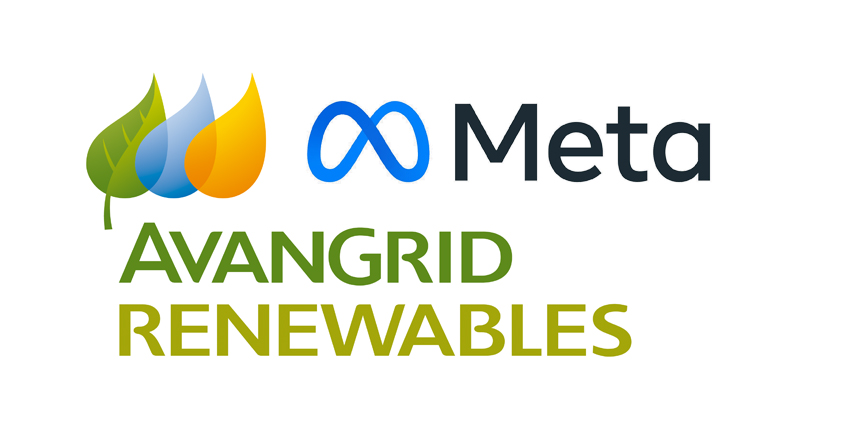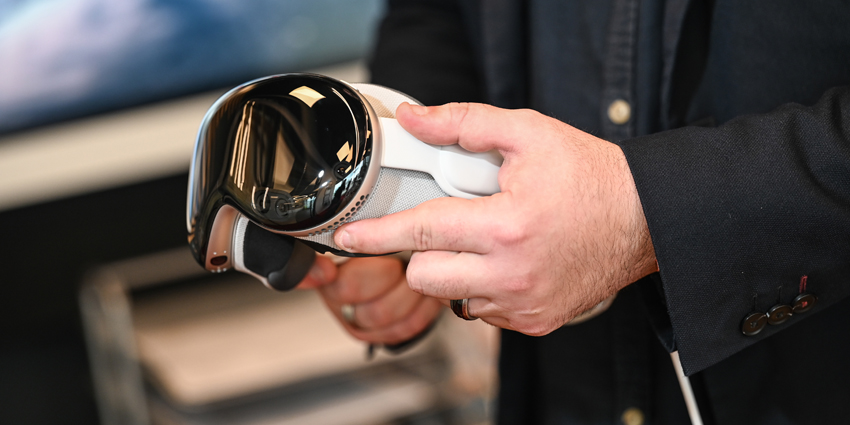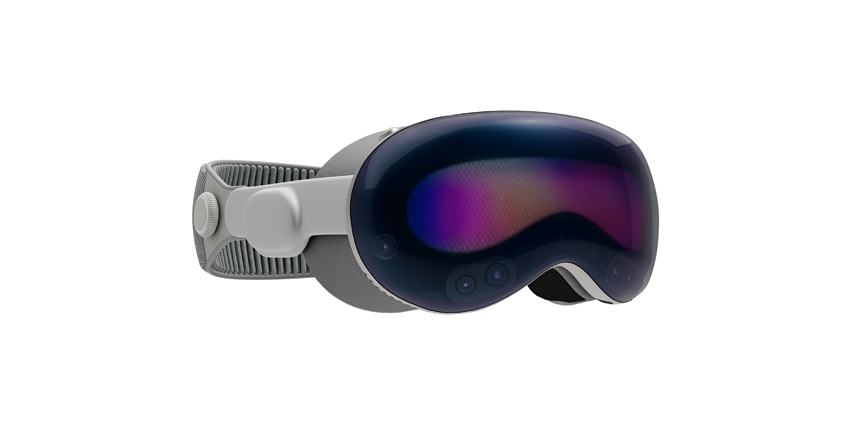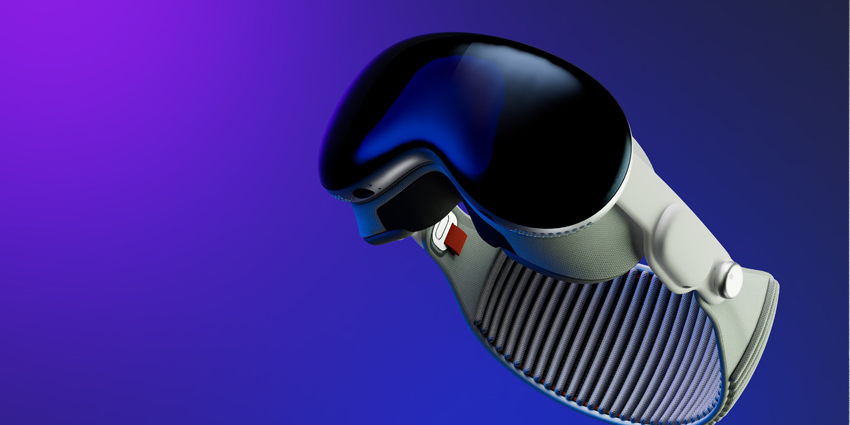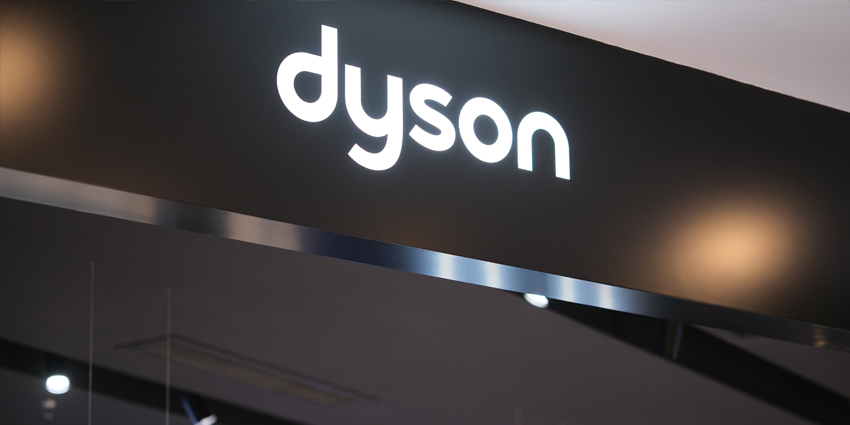Field service professionals work in a range of different environments, supporting companies and customers with everything from intelligent devices to machinery.
Avangrid Renewables, one of the leading providers of renewable energy in the United States, knows how difficult it can be to keep technicians up-to-date on their training, in a landscape that’s constantly evolving.
With field-based staff members distributed all over the world, delivering consistent educational opportunities can be complicated. Avangrid Renewables is currently responsible for more than 60 wind power facilities spread across 22 states in America.
In each of those facilities, professionals on the field must know how to effectively fix and maintain various wind turbines.
As the Avangrid company has expanded, responding to the rising demands across the globe for clean energy, training managers have begun to struggle.
These business leaders are finding it difficult to provide standardised programmes for training across all geographies and platforms. Fortunately, Oculus (by Meta) stepped in to help.
Providing Training for Field Technicians
Training technicians and specialists who work in a variety of different environments each day can be a challenging process. This experience grows even more difficult when the technical environment is as diverse and complex for Avangrid. The energy company currently owns more than 25 different models of turbines from five different manufacturers.
Keeping staff members efficient and productive means teaching technicians how to service all of those different kinds of turbines, in a range of environments.
Since turbines are located in remote and rural areas, technicians can’t always go and visit the location in advance to discover the complexities and nuances of each individual model.
What’s more, because certain field service and maintenance tasks are only completed once or twice per year, it’s difficult for technicians to build any long-term expertise from regular exposure to the same machinery.
Even when technicians have the opportunity to train on-site, a lack of access to internet connectivity means they can’t stream training content on the move or connect with supervisors for live support. This leads to an increased reliance on clunky, old-fashioned manuals.
This complex approach to field service has been causing problems for Avangrid for a while now, particularly as the organisation continues to scale. According to Training and Innovation Manager for the company, Samuel Akey, working on a turbine can be a challenging process.
The company wants to ensure it’s generating clean energy for customers consistently, so simply shutting turbines down for practice and additional field training may not be an option.
Accessing Virtual Reality Training Opportunities
According to Avangrid, the information required to fix and maintain each individual turbine in the renewable energy environment is proprietary. This means professionals can’t simply go to a technical school to learn how to work with each turbine effectively.
To create an immersive environment for training, the Avangrid Renewables team partnered with Oculus (by Meta), and the VR Vision company on VR training.
VR Vision curated elements from various types of technologies in-use by the company to create an all-encompassing experience. Trainees now have the opportunity to practice their skills on the various turbines used by the brand as often as they want.
More importantly, they can learn how to troubleshoot the various turbine models in a way that doesn’t require constant access to specialists and supervisors when on the move.
The training experience focuses on developing skills which keep employees operating as efficiently as possible in the field. Within the modules, users have access to a close simulation which demonstrates how each turbine runs.
Additionally, according to Avangrid and Akey, the experience when the headset is on is similar to being in the enclosed spaces technicians often experience when they’re out on the field. This realistic experience helps to build crucial muscle memory and new skills.
According to Akey, around 75% of the turbine technicians working for the brand today are between 25 and 35 years old, and they’ve grown up in a tech-ready environment.
As a result, these professionals expect highly realistic simulations. VR Vision, and the Oculus Quest VR headset technology delivers on this demand.
The modules are also effective at conveying the consequences when technicians make a mistake. Akey noted that it takes a number of steps to shut down a turbine, and when these aren’t completed in the right order, serious equipment damage and even human injury can occur. Small mistakes are recorded during the VR training experience for each employee to learn from.
Additionally, when a trainee does something that may cause a major problem in real life, this triggers the training experience to shut down so the trainee can start from scratch and review the procedures again.
Training Employees for the Future of Renewable Energy
Much of the world is looking forward to a future where more of the energy we rely on is delivered by sustainable and renewable sources.
However, in order to ensure this is a possibility, we need to ensure wee have the right technicians on-hand to monitor, maintain, and look after critical equipment.
The Avangrid approach to training and support is helping their team to accomplish more on the move. Currently, the VR Vision team is also working on building new training modules looking at things like multi-metre usage and substation fuse replacement, which will integrate fully with the Avangrid Renewable LMS system.
The technology also comes with access to training analytics and reporting tools. In the future, Avangrid is excited by the idea of implementing haptics into their training environment.
This could involve programming controllers to vibrate to create the sensation of an electric shock when a trainee makes an error.
According to the Avangrid Renewables team, using VR for training represents an excellent opportunity to expose technicians to the challenges of working in complex field environments.
